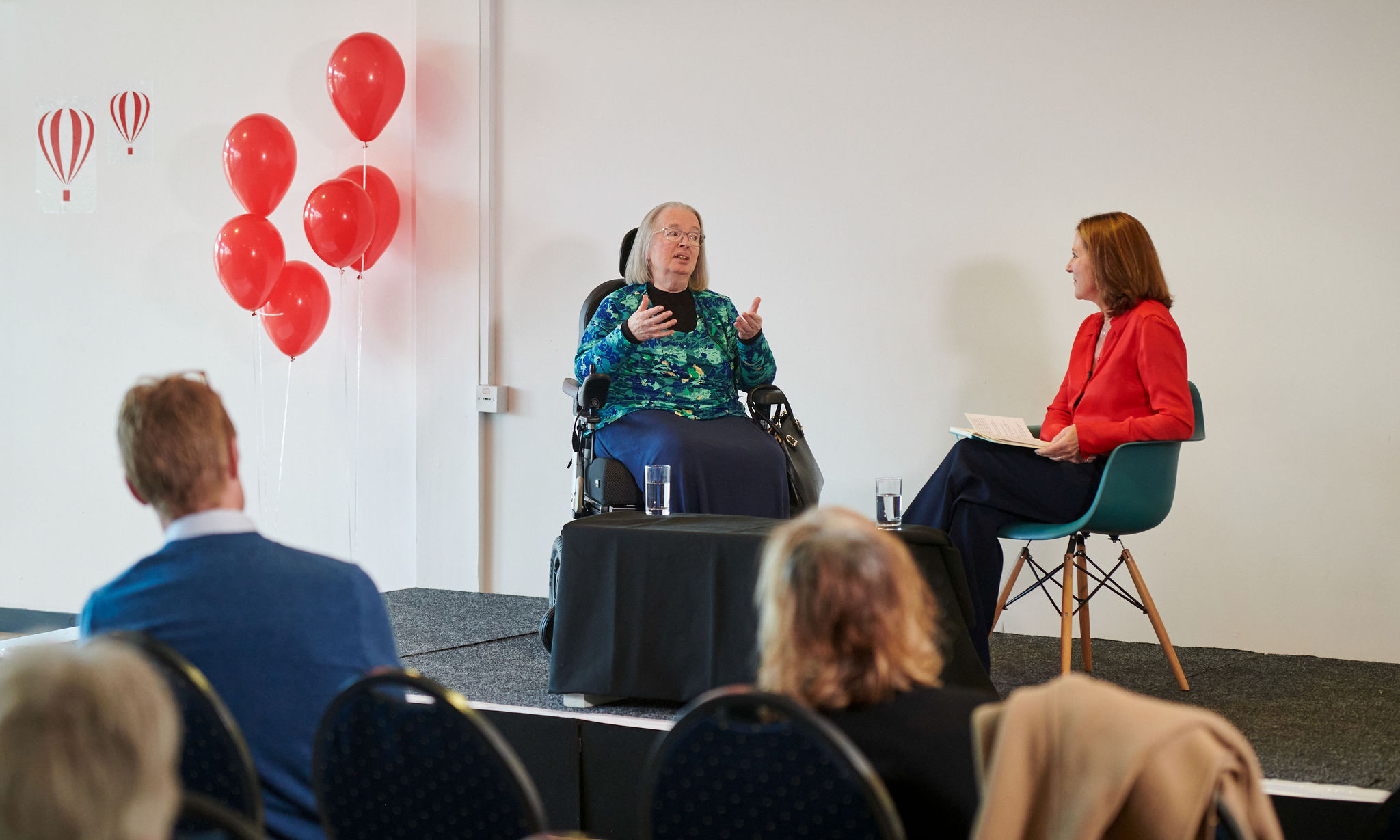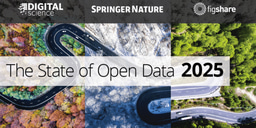Celebrating Professor Jean Golding and the Children of the Nineties
Published in Biomedical Research, Public Health, and Mathematics
Jean Golding OBE is a mathematician, epidemiologist and Emeritus Professor of Paediatric and Perinatal Epidemiology at the University of Bristol. She is most well known as the founder of the Children of the 90s cohort study, also known as ALSPAC (Avon Longitudinal Study of Parents and Children).
The Jean Golding Institute was founded in 2016 by the University of Bristol in honour of her work. It is the research institute for data science and data-intensive research at the University of Bristol.

Working with ALSPAC data
We spoke to Dr Nina Di Cara from the University of Bristol’s School of Psychological Science about the impact of the Children of the 90s cohort study on her work. Here’s what she had to say:
“As someone who uses ALSPAC for my research I’m always blown away by the breadth of information that has been contributed by participants. Often data that was collected when they were much younger becomes crucial to answering important questions about population health years later that no one could ever have predicted.
Professor Golding’s influence on ALSPAC has meant that it continues to be a pioneering study in so many ways, guided by its participants’ For example, I have been lucky to be involved in research working with participants to establish how cohorts can safely collect social media data which can help us to answer big questions about how social media and mental health interact in our day to day lives.
Now there are also the COCO90s – the Children of the Children of the Nineties, reaching the third generation of participants, which is incredible. Who knows what discoveries ALSPAC will enable next!”
ALSPAC and Clinical Study Registration
Since the inception of the ISRCTN clinical study registry in 2000, we’ve been proud to host information on several different studies featuring the ALSPAC cohort.
As you’d expect from the breadth of ALSPAC, the studies range widely in topic, from recent covid-related studies on long term immunity and antibody home testing to a study on differences to the TRPA1 gene, and how these affect pain and sensitivity.
A common characteristic of ALSPAC studies we see registered with ISRCTN is collaboration with other study sites, within & beyond the UK. A study registered with us in 2020 is collecting data from the original cohort surrounding the link between early life stress and long-term health conditions, in tandem with study sites in Rotterdam and Northern Finland.
The enduring nature of registered ALSPAC studies often makes them stand out, with many having run continuously since the cohort’s birth in 1991- 1993. A perfect example of this is a study measuring whether the use of bedroom thermometers reduces the incidence of respiratory problems began with parents of newborns being provided with their wall thermometers, and was registered with ISRCTN just last month ahead of submitting an article to a peer reviewed journal.
ALSPAC and ISRCTN have this longevity in common. Around the same time that Professor Jean Golding was dreaming up the longitudinal study, the concept of trial registration was being conceptualised through subject-specific registries like the UK Coordinating Committee on Cancer Research and Oxford Database of Perinatal Trials, with floppy disks and CD-ROMs initially considered for database storage! We’re glad that trial registration has progressed since then, and we’re glad that the ALSPAC study continues to evolve alongside the concept of registration – a testament to the forward thinking that both were built on.
By understanding what ISRCTN and ALSPAC have in common, we can appreciate how pioneering efforts in study registration and longitudinal research contribute to advancements in health science, benefiting both the research community and the general public.
Marking a milestone birthday

To celebrate Jean Golding’s 85th birthday and the legacy of her work, all are invited to a research event at We The Curious in Bristol from 10am-1pm on 11th of September 2024, with attendees able to join in person or online.
We’ll be celebrating how her pioneering work has led to the University of Bristol becoming a leading centre in Population Health studies, and how this data inspired new methods and paved the way for cutting edge transgenerational research.
We are excited that Professor Louise Kenny, Executive Pro Vice Chancellor of the Faculty of Health and Life Sciences at the University of Liverpool, will be giving the keynote address. The event will also highlight current and future opportunities for researchers interested in working in population health, epidemiology and data science applied to health research.
Details about the event can be found on the Jean Golding Institute’s website, and free tickets can be obtained .
More About ALSPAC
Since its inception in the early 1990s, ALSPAC has become a world-renowned resource of health, social and lifestyle data. This has generated more than 3,000 peer-reviewed research papers. The study now follows the health of three generations of participants - the original parents of the ‘90s babies plus their children and grandchildren (the COCO90s), which equates to over 30,000 enrolled participants.

The study celebrated its 30th birthday with its largest ever data collection, called the @30 clinic. An impressive 9,000 participants took part in the clinic where they completed a range of health measures. These included measures of cardiovascular health, physical fitness, lung & liver function, blood pressure, bone density and body composition, plus eye and ear health for some.
More information including details on how to access the data is available here.
Follow the Topic
-
ISRCTN: The UK’s Clinical Study Registry

A primary clinical trial registry recognised by WHO and ICMJE that accepts studies involving human subjects or populations with outcome measures assessing effects on human health and well-being, including studies in healthcare, social care, education, workplace safety and economic development.



Please sign in or register for FREE
If you are a registered user on Research Communities by Springer Nature, please sign in